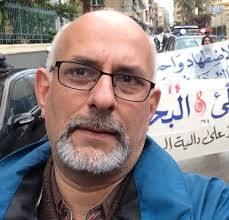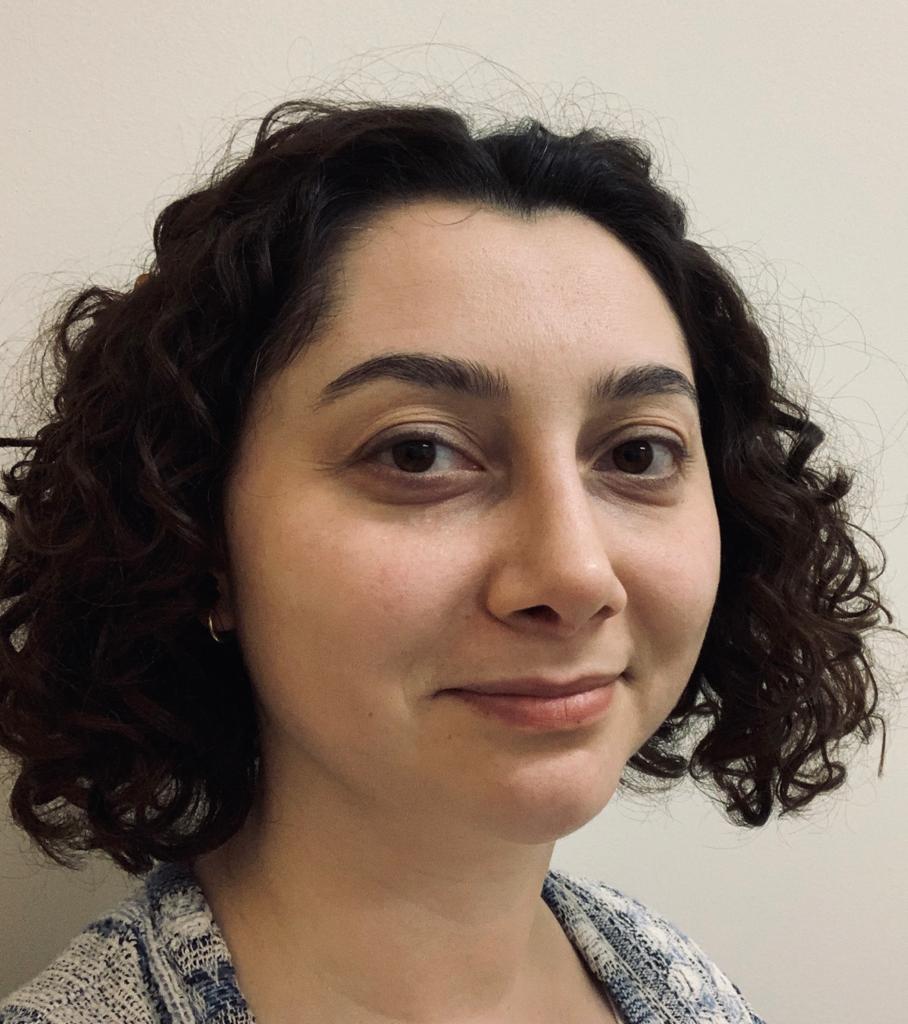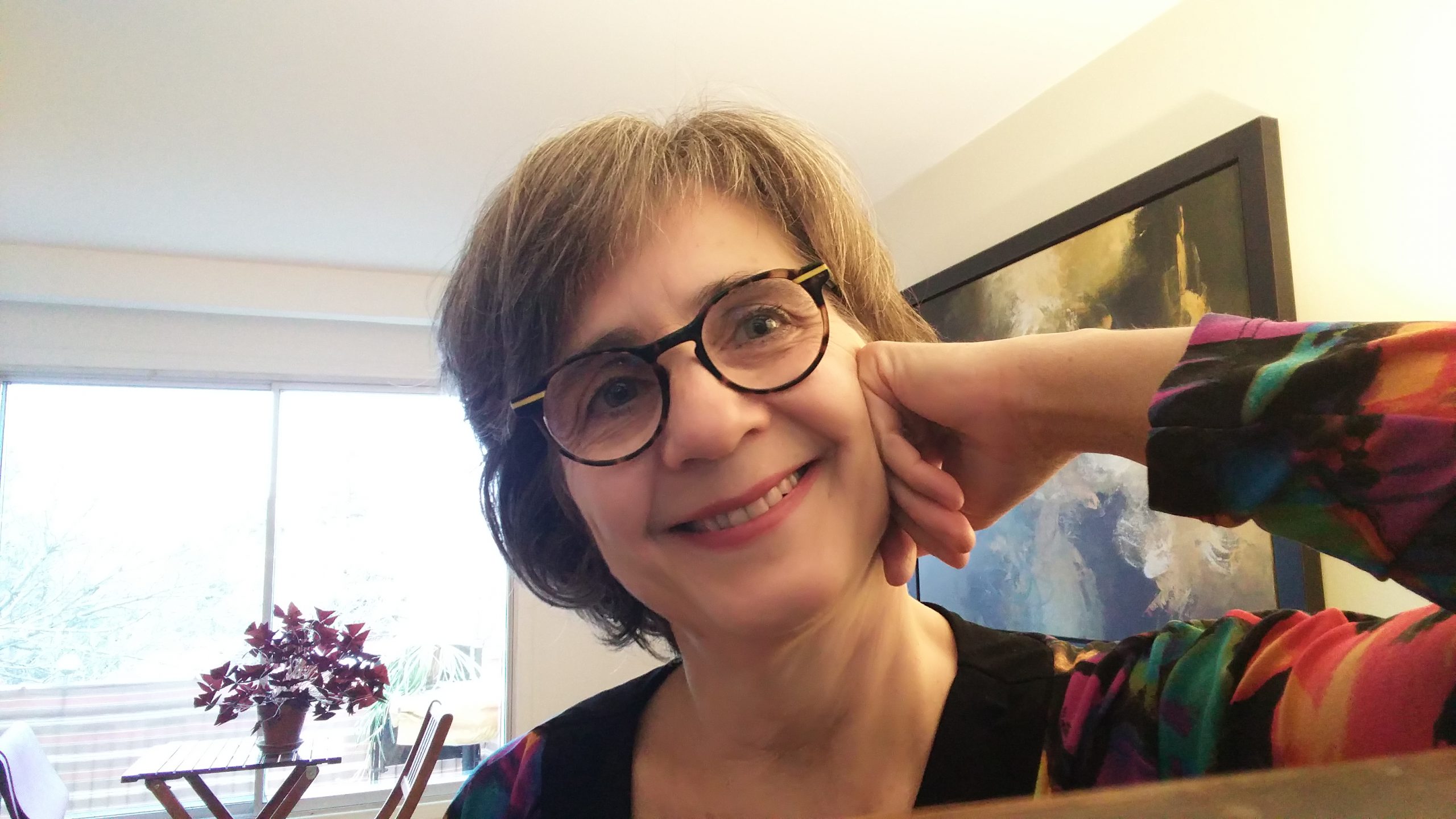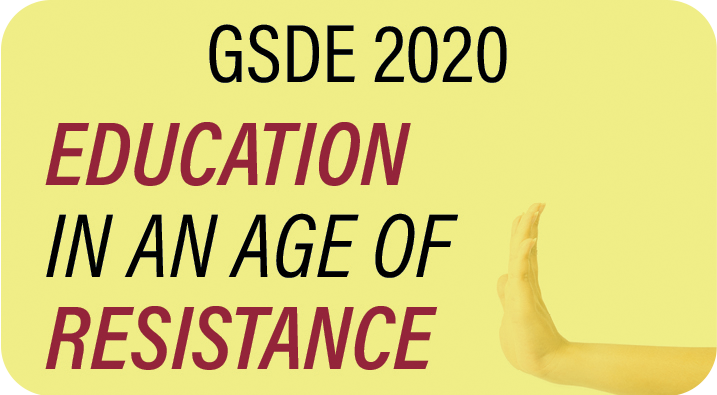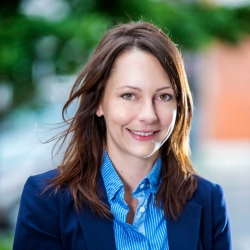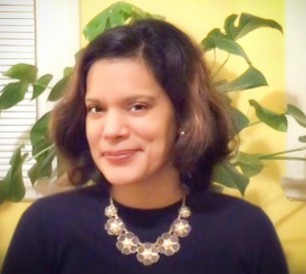Aziz Choudry
Lessons in resistance, studies in struggle
Abstract
Higher education has long been a contested terrain and campuses in many parts of the world remain sites of struggle. In recent decades, student movements and staff unions have played vital roles in fighting for accessible, critical and quality public education which does not merely serve the interests of elites. Demands for institutional change, the decommodification of education and calls to decolonize the curricula have spread across the globe. Struggles occur in the context of deep societal inequalities, state violence, demands for rethinking the purpose of formal education, free education and accountability to communities beyond the academy. Resistance to austerity measures, the imposition of neoliberal governance and the reorientation of education toward the global marketplace abound. From Chile to South Africa, from India to Quebec, many of these struggles attempt to draw on histories of resistance and are also connected to broader movements for progressive change and radical visions of a fairer world.
Bio
Aziz Choudry is associate professor in the Department of Integrated Studies in Education at McGill University, where he holds a Canada Research Chair in social movement learning and knowledge production, and is visiting professor at the Centre for Education Rights and Transformation, Faculty of Education, University of Johannesburg. He is author of Learning Activism: The Intellectual Life of Contemporary Social Movements(University of Toronto Press, 2015), coauthor of Fight Back: Workplace Justice for Immigrants (Fernwood, 2009), editor of Activists and the Surveillance State: Learning from Repression (Pluto/Between The Lines, 2019) and coeditor of Learning from the Ground Up: Global Perspectives on Social Movements and Knowledge Production (Palgrave Macmillan, 2010), Organize! Building from the Local for Global Justice (PM Press/Between the Lines, 2012), NGOization: Complicity, Contradictions and Prospects (Zed Books, 2013), Just Work? Migrant Workers’ Struggles Today (Pluto, 2016), Unfree Labour?: Struggles of Migrant and Immigrant Workers in Canada, Reflections on Knowledge, Learning and Social Movements:History’s Schools (Routledge, 2018), and The University and Social Justice: Struggles Across the Globe (Pluto/Between The Lines, 2020). Involved in a range of social, political and environmental justice movements and organizations since the 1980s, he serves on the boards of the Immigrant Workers Centre, Montreal and the Global Justice Ecology Project.
|
